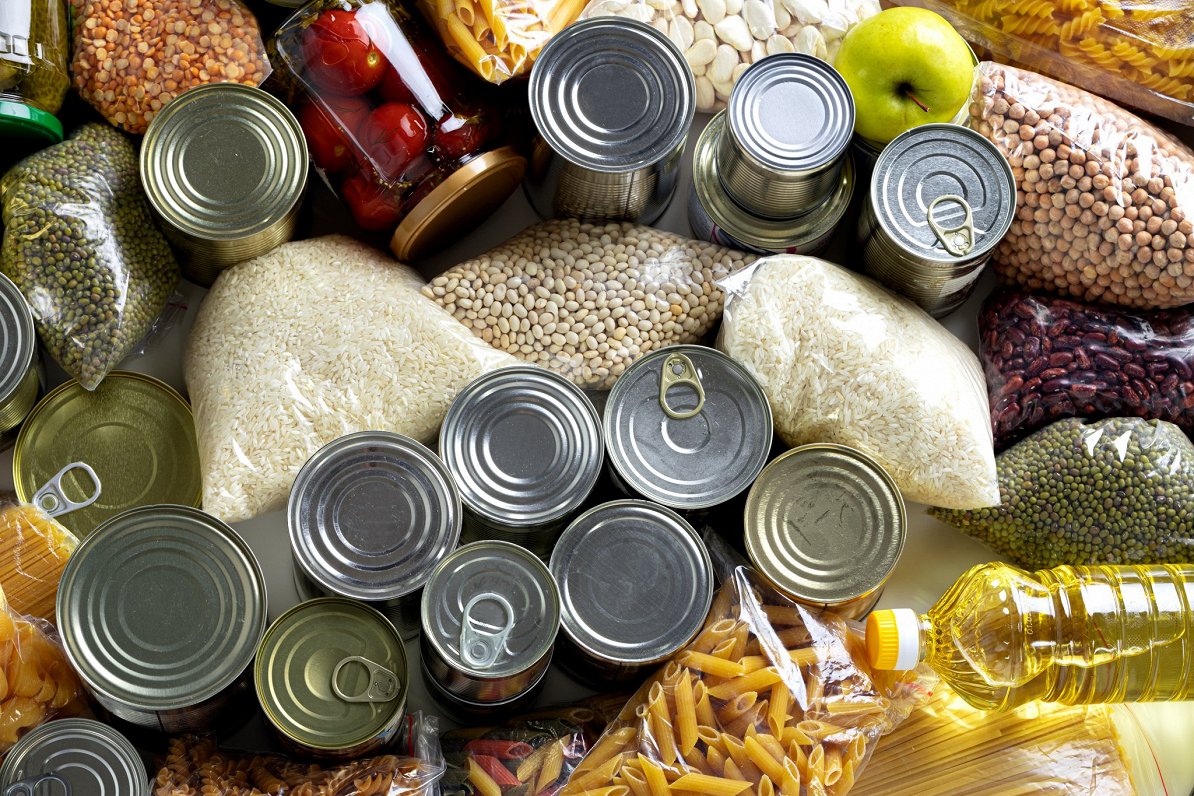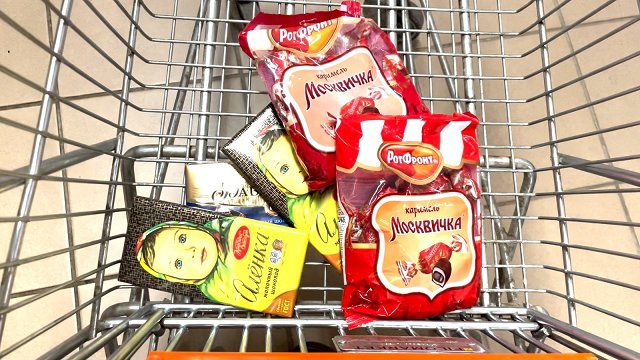Every quarter, food prices in Latvia are compiled by the Latvian Traders Association. Last year, compared to 2022, prices of coffee, tea, oil, and some vegetables increased, while prices of other foods have dropped.
Henriks Danušēvičs, Chairman of the Board of the association, said: “If we look at last year, then for most food other than greens, prices have fallen substantially, like for buckwheat, by as much as 44%. The trend now is that prices are falling, although in many groups the decline has stalled. Dairy products have a slight increase in purchase prices, so dairy prices will no longer decrease on store shelves, and the price of meat products has stabilized. If we are talking about cereal prices, then prices continue to fall, so bread price should drop too.”
As food consumer prices rose by 40% in late 2022 compared to December 2018, the Competition Council launched market surveillance in the dairy, grain, and bread products market in spring 2023. Sanita Uljane, head of the Competition Council's anti-unfair trade practices division, concluded that producers and retailers did not always lower prices as raw material prices fell.
“If, say, the milk raw material [price] accounts for around 80%, then we would also like to see an 80% reduction passed on at the production stage as well. By September 22, the price of grain went down quite strongly, but at the production stage and at the retail stage, on the contrary, the price of grain went up. We also requested retailers and manufacturers to provide their costs for these specific products that we studied; we can also see that some products have brought losses for traders and producers, and there are profits again when some products are marketed, and therefore they are somehow leveling off, so it cannot be said they have made excessive profits, certainly not,” Uljane noted.
Bank of Latvia economist Eva Opmane said that food prices will rise both globally and locally this year, but the price increase will not be as big as before.
“This increase depends heavily on what the incomes of both the population will be and what the opportunity to trade in food will be, but it depends heavily, however, on how energy prices will change. Also, of course, the question of what the harvests will be and what will happen to supply chains. Currently, food prices for this year are forecasted to grow less than 4%, more than average inflation, but well below that of the last two years,“ Opmane noted.
The Competition Council is scheduled to present a study on the situation in the food sector and retail prices to the Saeima this week.





























